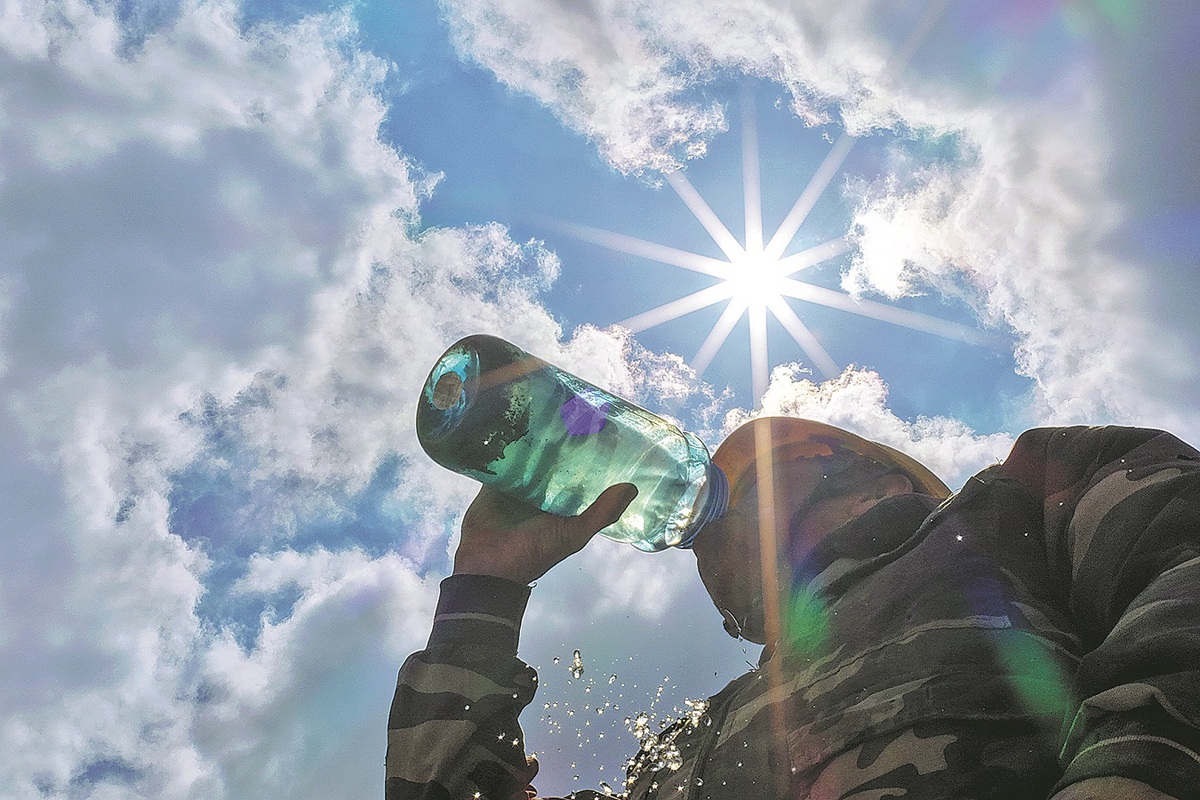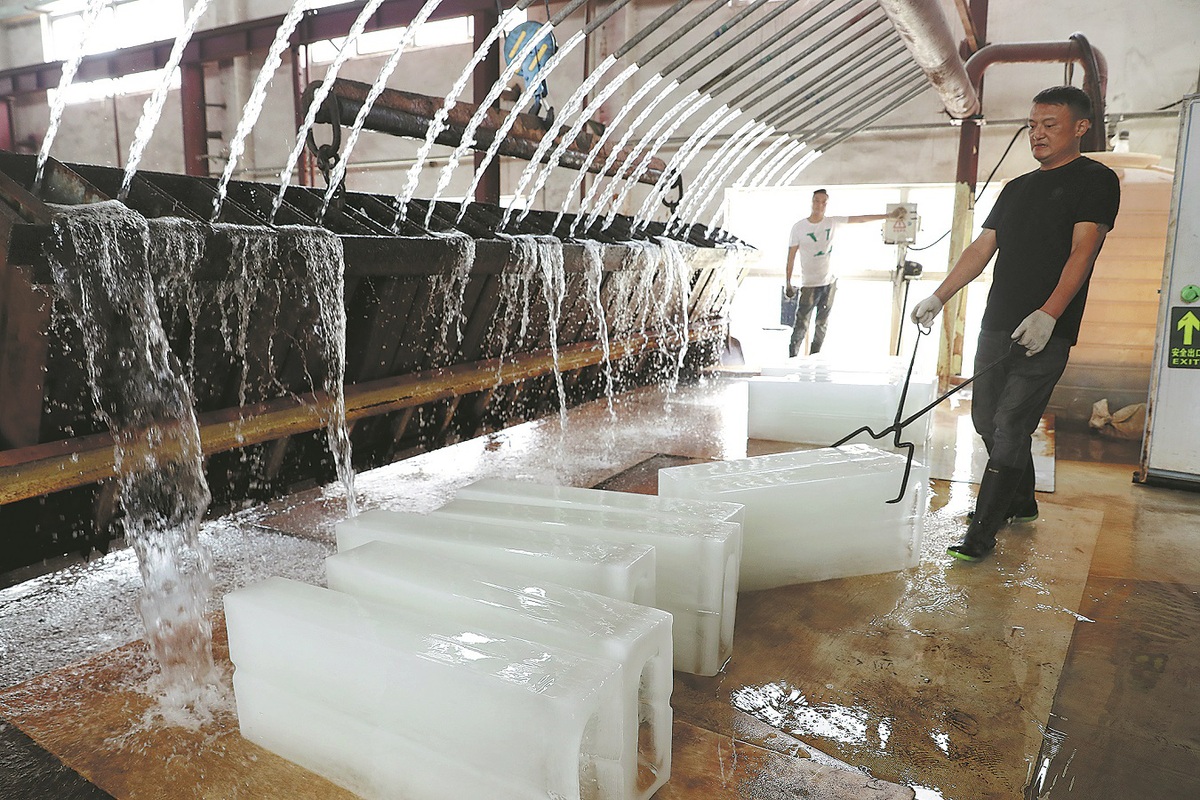Cool-down shelters help hot and bothered survive summer swelter
Measures taken nationwide to negate record temperatures






Health advice
During hot and humid weather, the human body may undergo changes that can lead to heat-related illnesses, said Yan Shengtao, deputy director of the emergency department of China-Japan Friendship Hospital in Beijing.
"Mild symptoms may be relieved with rest, but severe cases can progress to heat cramps, heat exhaustion, or even life-threatening heatstroke," he said.
Yan said elderly people with underlying health conditions, children, outdoor workers, athletes and others engaging in strenuous physical activity in the heat are high-risk groups vulnerable to heatstroke.
"For those working outdoors especially, proper hydration is crucial," Yan said.
It's recommended to drink 500 milliliters of water every hour, but avoid consuming large amounts at once. "The key is to drink small amounts frequently," he said, adding air conditioning should be maintained between 26 C and 28 C.

Residents must also remember to ventilate their homes by opening windows in the morning and evening, and avoid direct exposure to cold air drafts.
Chi Cheng, associate chief physician at the emergency internal medicine department of Peking University People's Hospital in Beijing, said that when symptoms such as dizziness, nausea, vomiting, difficulty concentrating, fatigue, excessive sweating, or intense thirst occur, they serve as warning signs of potential heatstroke.
If ignored, the condition may progress to elevated body temperature, abdominal pain, and fainting, followed by convulsions, loss of consciousness, and multi-organ dysfunction — marking the onset of the most severe stage, heatstroke, which has an extremely high mortality rate.
"Preventive measures include staying hydrated, particularly with lightly salted water, maintaining a light diet with heat-relieving foods and seasonal dishes such as mung bean soup, green tea, and watermelon, and taking exercise in the morning and evening while being mindful of the intensity," he said.
He Chun, Liu Shicheng and Yang Che contributed to this story.



















